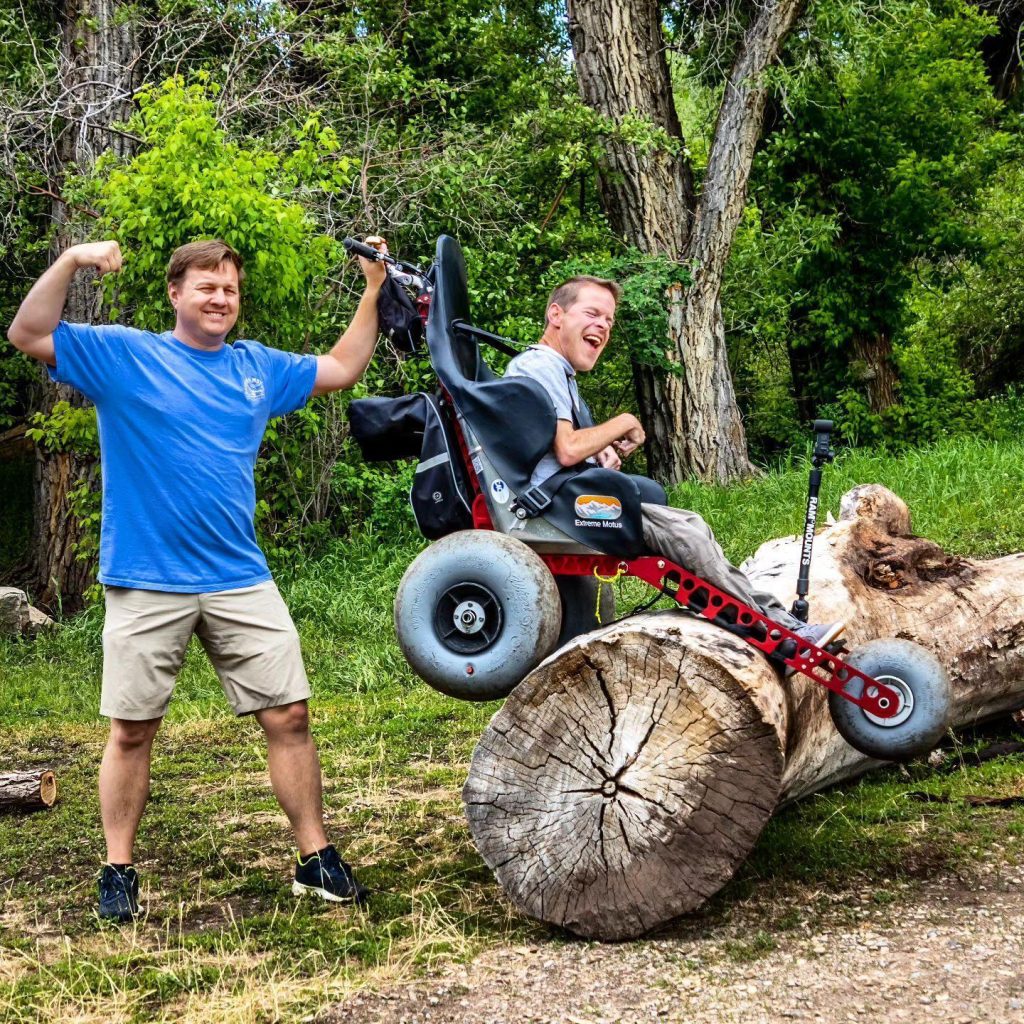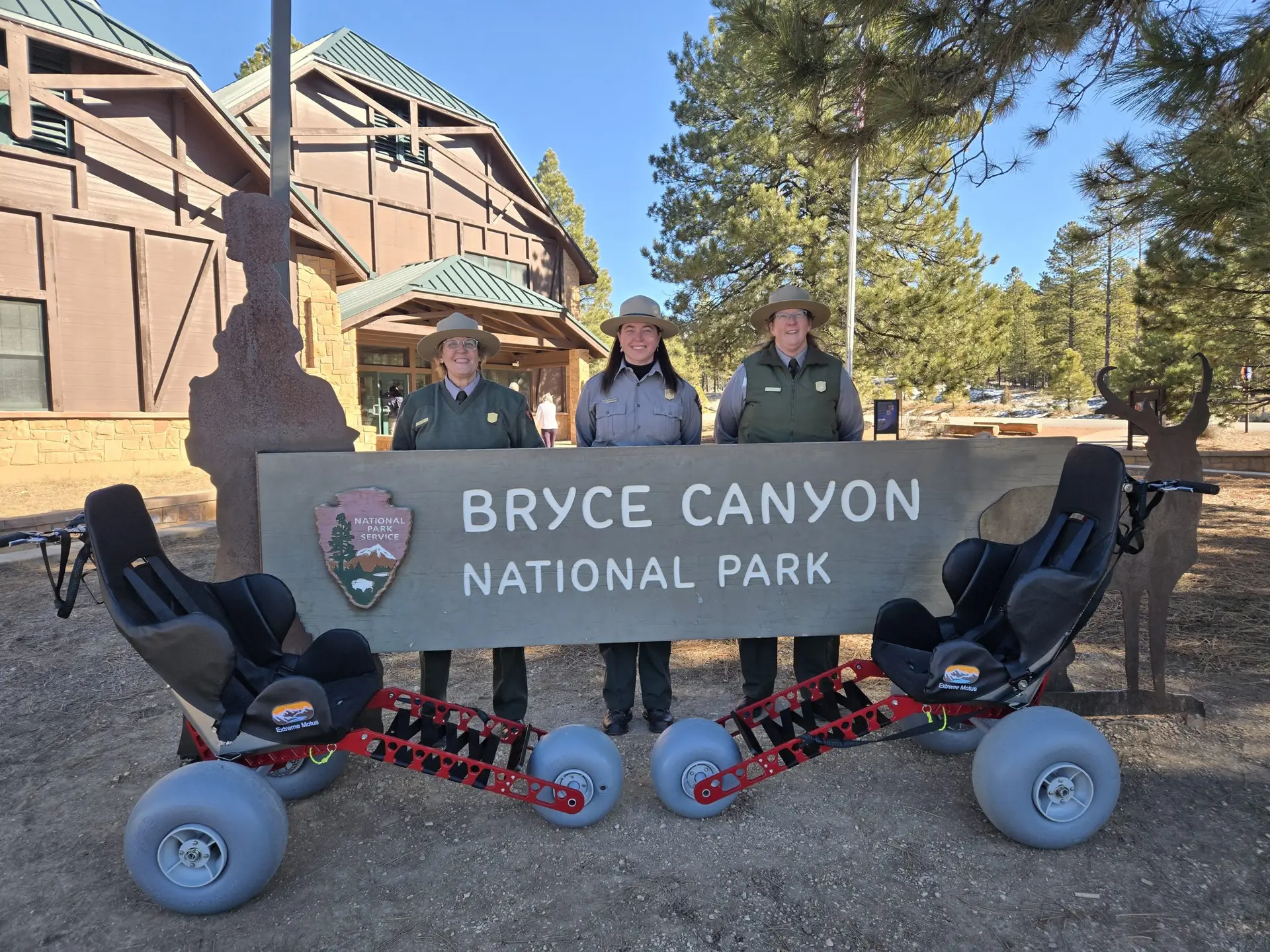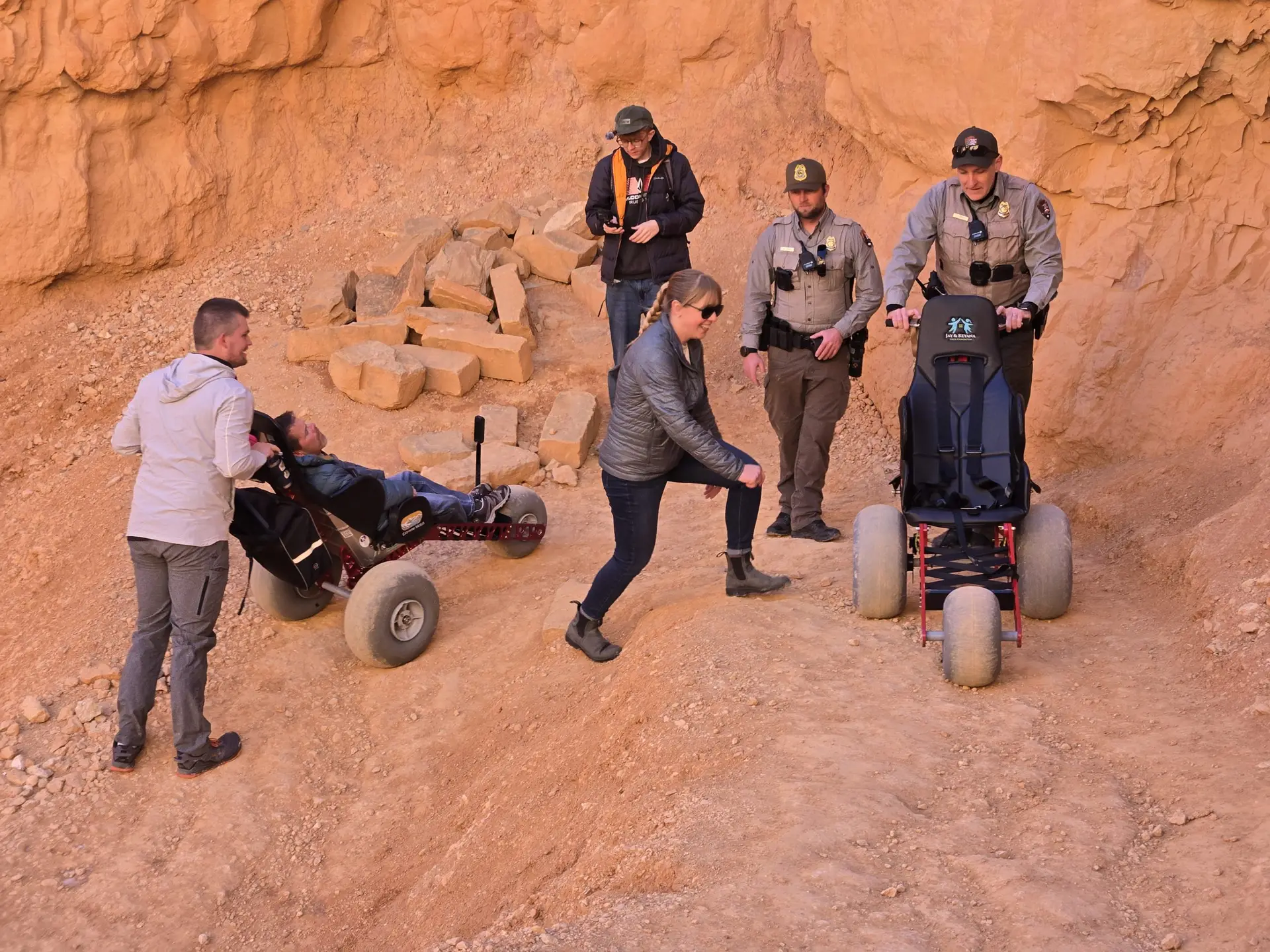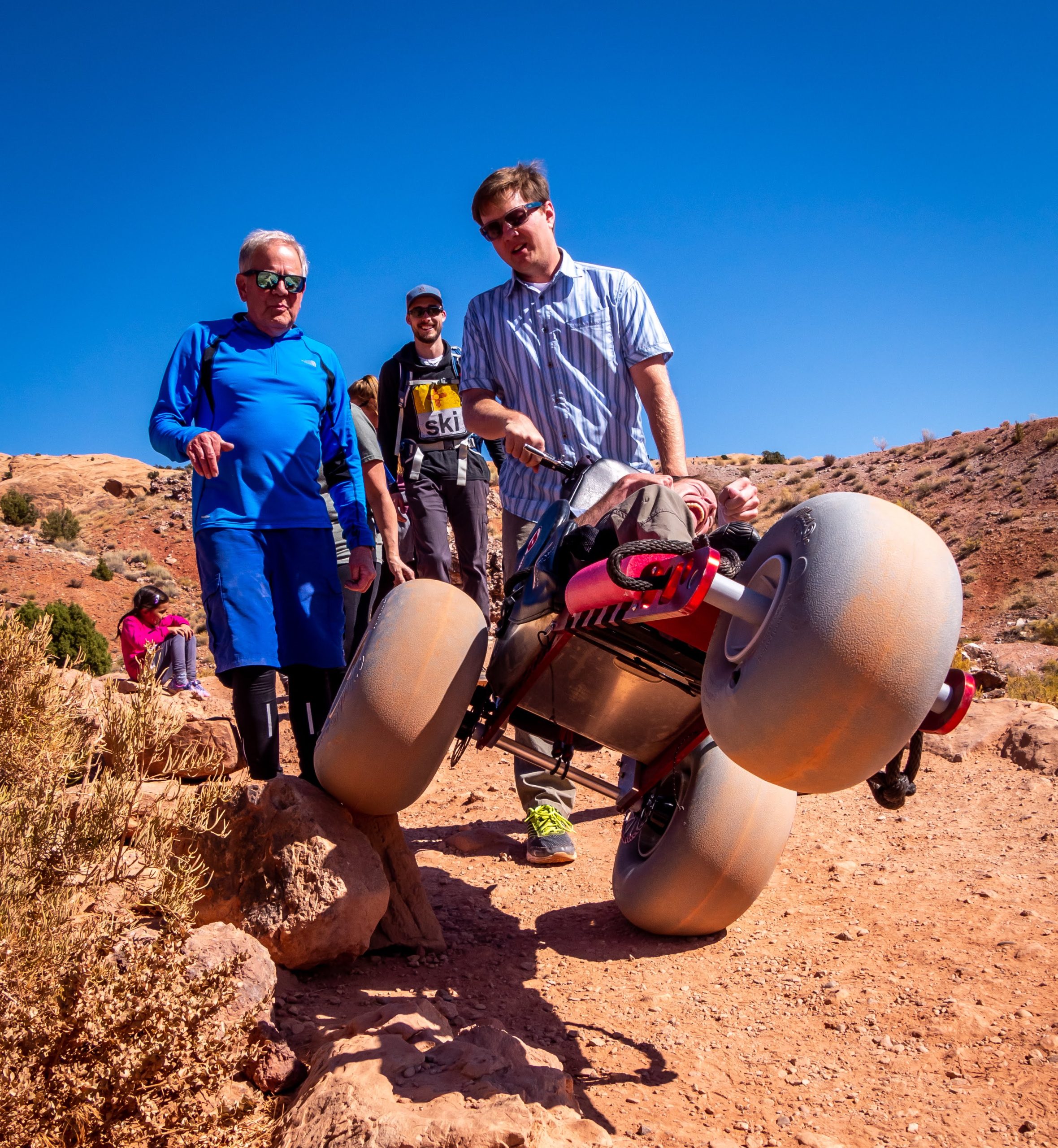7 Transformative Ways to Thrive with Congenital Hip Dysplasia
What is Congenital Hip Dysplasia?
Congenital Hip Dysplasia, also known as Developmental Dysplasia of the Hip (DDH), is a condition that affects the alignment of the hip joint, often leading to mobility challenges. While it can vary in severity, understanding its causes, treatments, and ways to maintain a fulfilling lifestyle is crucial. Here’s how individuals with DDH can benefit from outdoor activities and tools like the Extreme Motus All-Terrain Wheelchair.
1. What Causes Congenital Hip Dysplasia?
Congenital Hip Dysplasia occurs when the hip joint doesn’t form properly during development. Contributing factors include:
- Genetics: A family history of DDH increases the likelihood.
- Breech Birth: Babies positioned feet-first in the womb are more prone to hip issues.
- Hormonal Influence: Maternal hormones during pregnancy can impact joint looseness.
- Limited Space in Utero: Factors like low amniotic fluid may restrict fetal movement, leading to improper hip formation.
2. How Many People Does It Affect?
Congenital Hip Dysplasia affects approximately 1 in 1,000 newborns worldwide. While early detection can often lead to effective treatment, undiagnosed or severe cases can persist into adulthood, causing chronic pain and mobility challenges.
3. What Are Some Treatments?
Treatment depends on the severity of the condition and the age of diagnosis:
- Pavlik Harness: A soft brace used in infants to guide the hip into proper alignment.
- Physical Therapy: Strengthens surrounding muscles to support joint stability.
- Surgical Intervention: Procedures like osteotomy or hip replacement are options for severe or untreated cases.
- Assistive Devices: Wheelchairs or crutches can help individuals with mobility limitations.
4. How Does This Affect Families?
Families often play a vital role in care:
- Emotional Impact: Watching a loved one navigate treatments and mobility challenges can be emotionally taxing.
- Caregiving Demands: Families may need to assist with transportation, daily tasks, and medical appointments.
- Financial Strain: The costs of surgeries, therapies, and assistive devices can add up.
5. Can This Require the Use of a Wheelchair?
In advanced or untreated cases, individuals may experience pain and limited mobility that necessitate the use of a wheelchair for daily activities or outdoor exploration.
6. Why Spending Time Outdoors Is Important
Spending time in nature provides numerous physical and mental health benefits:
- Physical Health: Sunlight boosts vitamin D, promoting bone strength and overall wellness.
- Mental Health: Nature reduces stress, improves mood, and fosters relaxation.
- Social Engagement: Outdoor activities encourage socialization and a sense of connection to the world.
7. How Can an All-Terrain Wheelchair Help?
An all-terrain wheelchair, like the Extreme Motus, offers the freedom to navigate outdoor environments:
- Versatility: Handles challenging surfaces such as gravel, sand, dirt trails, and grassy fields.
- Comfort: Ergonomic design reduces joint strain and provides a smooth ride.
- Independence: Allows users to explore nature with minimal assistance.
- Social Inclusion: Enables participation in family outings, community events, and group activities.
What Is the Extreme Motus All-Terrain Wheelchair?
The Extreme Motus All-Terrain Wheelchair is a game-changer for individuals with Congenital Hip Dysplasia (CHD), providing a safe, comfortable, and empowering solution to overcome mobility challenges. Whether for daily use or outdoor exploration, this wheelchair allows users to enjoy nature, participate in social activities, and maintain their independence despite the limitations caused by CHD.
How the Extreme Motus Wheelchair Benefits People with Congenital Hip Dysplasia
1. Reduces Strain on Joints
- Ergonomic Design: Provides proper posture support, reducing pressure and strain on the hips and lower back.
- Shock-Absorbing Suspension: Smoothly navigates uneven terrain, minimizing vibrations and jolts that could aggravate joint pain or discomfort.
2. Enhances Mobility and Accessibility
- All-Terrain Capability: Easily traverses challenging surfaces such as gravel, sand, dirt trails, and grassy fields, giving users access to parks, beaches, and nature trails.
- Stable Frame: Ensures balance and security on rugged terrains, preventing falls or discomfort.
3. Conserves Energy and Reduces Fatigue
- Energy Conservation: Walking or standing can be exhausting for individuals with CHD. The wheelchair eliminates physical exertion, allowing users to participate in longer outings without fatigue.
- Lightweight and Durable: Designed for effortless use, reducing strain on caregivers when pushing or transporting the wheelchair.
4. Promotes Physical and Mental Well-Being
- Encourages Outdoor Activities: Spending time in nature reduces stress, improves mood, and fosters relaxation—key benefits for managing the emotional and physical challenges of CHD.
- Boosts Bone and Joint Health: Exposure to sunlight enhances vitamin D levels, supporting bone strength and overall health.
5. Facilitates Social Inclusion
- Enables Group Participation: The wheelchair allows users to join family outings, community events, and social gatherings, fostering connection and reducing isolation.
- Builds Relationships: Shared outdoor experiences help create meaningful connections with loved ones.
6. Empowers Independence
- User-Friendly Design: Easy-to-navigate features empower users to explore outdoor spaces independently or with minimal assistance.
- Builds Confidence: Overcoming mobility barriers helps users embrace new environments and activities, enhancing self-esteem.
Why the Extreme Motus Wheelchair Is Ideal for Congenital Hip Dysplasia
The Extreme Motus wheelchair is tailored to meet the needs of individuals with mobility limitations caused by Congenital Hip Dysplasia. Its combination of stability, comfort, and adaptability ensures a safe and enjoyable experience while helping users maintain their quality of life.
Rediscover Freedom with Extreme Motus
Living with Congenital Hip Dysplasia doesn’t mean giving up on outdoor exploration and activities. The Extreme Motus all-terrain wheelchair provides the tools to reconnect with nature, loved ones, and life’s adventures.
Ready to embrace the outdoors? Discover how the Extreme Motus wheelchair can help you or a loved one overcome mobility challenges and enjoy life without limits.
Transform Life with Mobility and Adventure
Living with Congenital Hip Dysplasia doesn’t have to mean giving up on outdoor activities. With the right tools and support, individuals can enjoy the freedom, joy, and health benefits of nature.
Ready to explore? Discover how the Extreme Motus wheelchair can transform outdoor experiences for individuals with mobility challenges.
Every year, more families discover the freedom these chairs create—this Black Friday, demand is already building fast. By joining the early-access list, you secure your chance to order before the sale goes public on November 28, 2025.
Since 2019, Sam and Ryan have been demonstrating that nature is wheelchair accessible with the Extreme Motus All Terrain Wheelchair. From National Parks to Skateparks, their adventures prove that a manual off-road wheelchair can offer laughter and joy while navigating diverse terrains.
Join us as we continue to share these inspiring journeys.

Light, comfortable, and compact, the Extreme Motus glides over sand, rocks, grass, gravel, and even floats in water.
It’s more than a outdoor wheelchair; it’s your ticket to freedom. Embrace the outdoors with confidence, knowing our off-road wheelchair is engineered for durability and ease of use.
Be the first to hear about new gear, upcoming adventures, and exclusive offers. As a welcome gift, enjoy $10 off your first Motus T-Shirt when you subscribe.
By subscribing you agree to receive marketing communications from Extreme Motus, including product updates, promotions, and special offers. I understand I can unsubscribe at any time.



